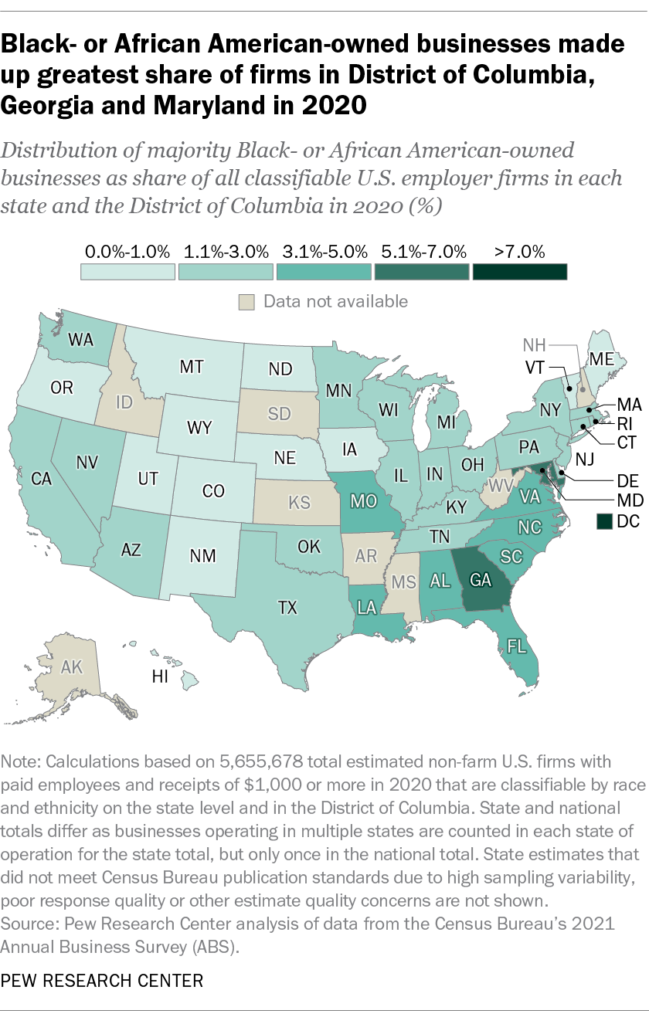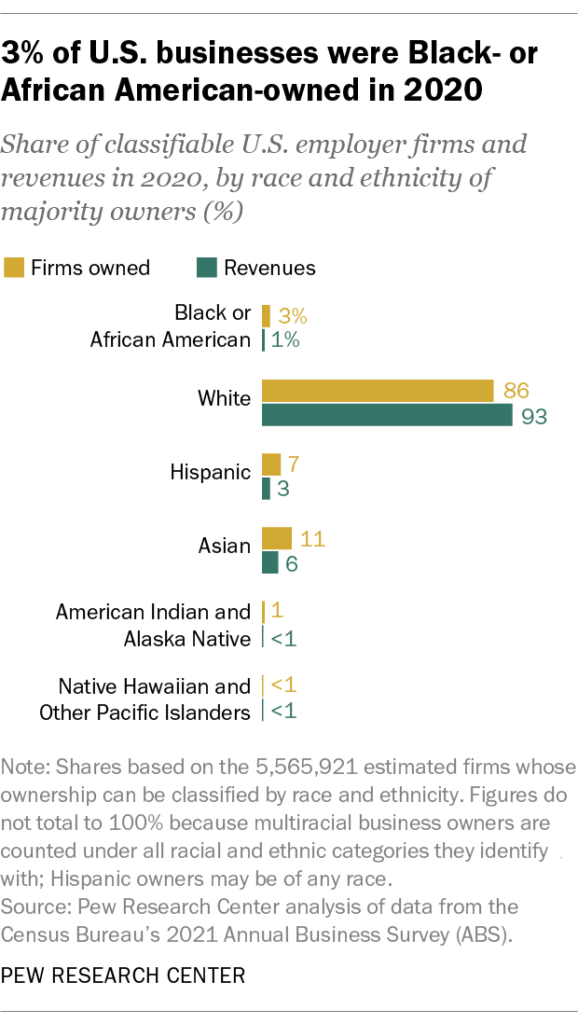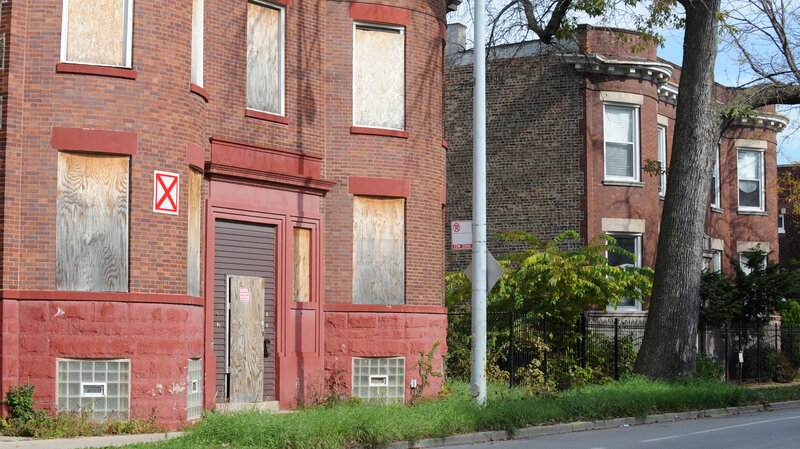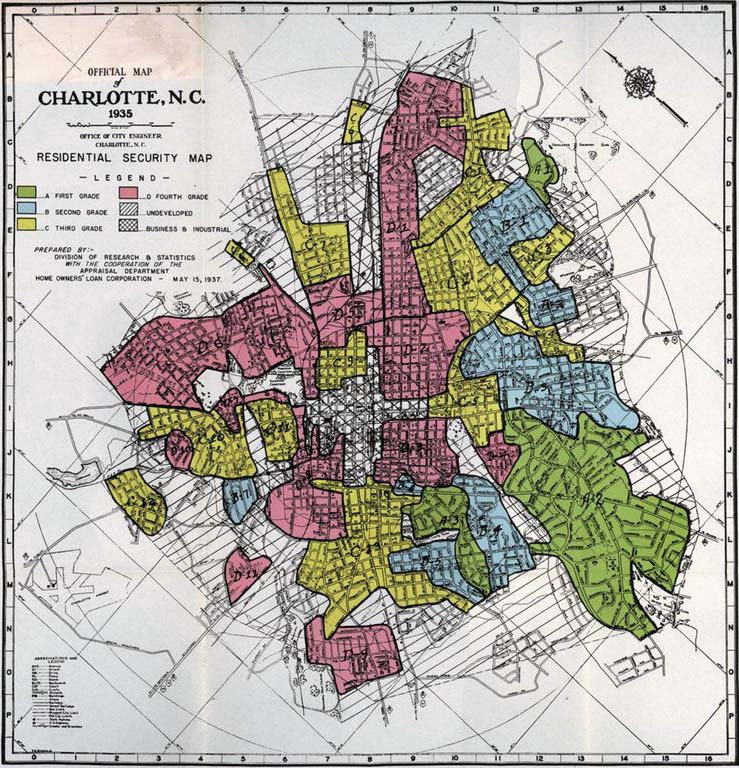The Landscape of Black-Owned Businesses

The Black Entrepreneurship Narrative
In a comprehensive study examining the state of Black-owned businesses in the United States, striking disparities have emerged, shedding light on the challenges and opportunities that Black entrepreneurs face. The analysis, based on data from the Census Bureau and other reliable sources, reveals significant disparities in geographical distribution, gender ownership, and educational backgrounds.
Geographical Concentration
The study reveals that a staggering 88% of Black- or African American-owned businesses are concentrated in urban areas, while a mere 6% exist in rural areas, defined by the Census Bureau as places with fewer than 2,500 inhabitants. The findings underscore the disproportionate concentration of Black-owned businesses in urban centers, limiting economic opportunities in rural communities.

States at the Forefront
Florida, California, and New York, three of the most populous states, also lead in the number of estimated businesses with majority Black or African American ownership. In 2020, Florida boasted 15,149 such businesses, followed closely by California with 13,729 and New York with 12,636. However, it is important to note that the District of Columbia, Georgia, and Maryland had the highest share of all classifiable firms owned by Black or African Americans.
Gender Divide
A gender divide persists among all U.S. business owners, including Black or African American entrepreneurs, although to a lesser extent. The data shows that in 2020, 63% of all U.S. firms with classifiable ownership were majority-owned by men. By comparison, 55% of majority Black- or African American-owned businesses were owned by men, while 37% were owned by women, and 8% had equal male-female ownership. This highlights the need for continued efforts to promote gender equality in entrepreneurship across all communities.

Age and Educational Background
Of Black or African American business owners who reported their age grouping in 2020, roughly 52% fell within the 35 to 54 age range. Additionally, 25% of Black entrepreneurs were between the ages of 55 and 64, indicating a significant presence of experienced individuals in the business landscape. Furthermore, a majority of Black business owners who reported their educational background held an undergraduate degree or higher. Approximately 26% possessed a bachelor’s degree, while an additional 34% had pursued advanced degrees beyond a bachelor’s.
Conclusion
These findings highlight the resilience and determination of Black entrepreneurs, overcoming systemic barriers to establish and sustain successful businesses. However, they also underscore the need for targeted policies, resources, and support systems to address the disparities and create a more inclusive entrepreneurial ecosystem.
Note: The statistics and findings presented in this article are based on available data up until 2021.
Additional Resources at Pew Research Center


 English
English 

























